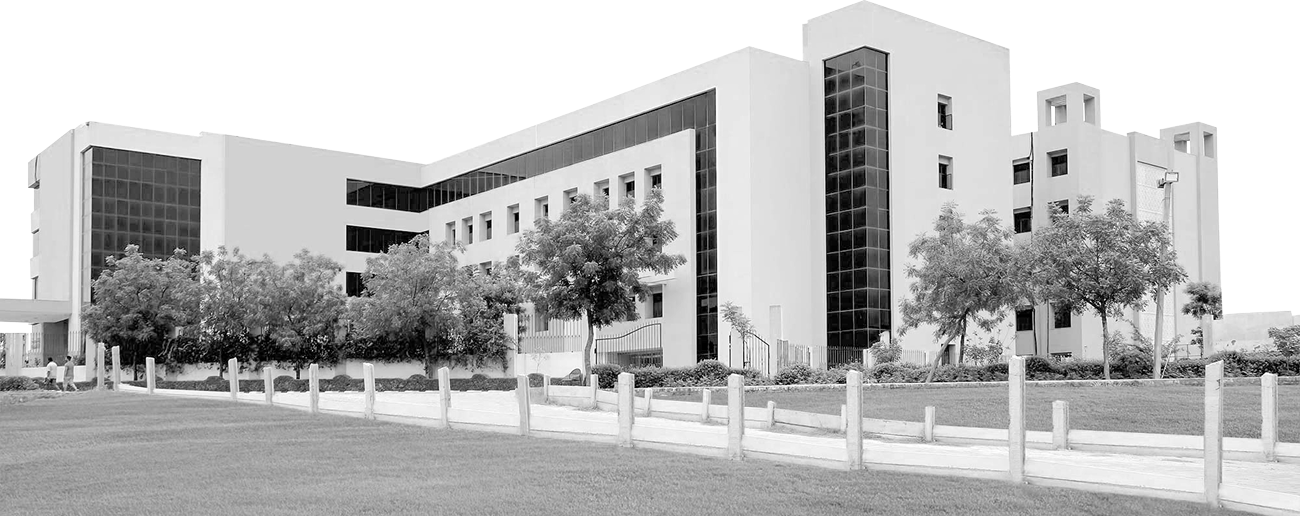What is The Evolution of Btech Mechanical Engineering in Education? Want to pursue in Bachelor of Technology in Mechanical Engineering?
As automation and robotics transform manufacturing and industries worldwide, mechanical engineering education is undergoing major upgrades to equip students with relevant skills. Engineering colleges now offer courses dedicated to industrial automation, mechatronics, and programming to build knowledge around these emerging technologies. Alongside theory, practical lab sessions with automated equipment give students valuable hands-on exposure. Partnerships with automation leaders allow for guest talks, facility tours, projects, and access to the latest applications. With machines and systems becoming increasingly intelligent, there is a push towards cross-disciplinary learning with computer science and artificial intelligence. Research initiatives, competitions, and final-year projects further encourage innovation in automation and robotics.
As technological advances keep shaping industries worldwide, the field of mechanical engineering stands at the cutting edge of innovation. Automation and robotics have transformed manufacturing processes, leading to improved efficiency, precision, and productivity. In this blog post, we will see how bringing in automation and robotics is shaping the future of mechanical engineering education and why colleges are changing their courses to prepare students with the skills and knowledge required to rock in this developing landscape.
This article explores how mechanical engineering programs are adapting their curriculum and pedagogy to prepare students for careers in automation and robotics. It highlights the inclusion of specialized courses, hands-on labs, industry partnerships, multidisciplinary approaches, research opportunities, and more.
BTech Mechanical Engineering is an old-school engineering field. It is the science of designing, analyzing, manufacturing, and maintaining mechanical systems through the application of concepts from Engineering, Physics, and Materials Science.
It includes topics such as Design, Production, and Machinery Operations, as well as core areas such as Mechanics, Motion Analysis, Thermodynamics, Material Science, Strength of Materials, and Electricity.
Working in a team is emphasized heavily in this course because it is required for anyone pursuing a career in mechanical engineering.
Mechanical engineers create everything from new batteries to sports equipment and medical devices, as well as computers, air conditioning, car engines, and power plants!
Mechanical engineering has always been the most popular branch of engineering. Because India’s manufacturing sector is changing dramatically, career opportunities in mechanical engineering have been plentiful for some time now.
BTech in Mechanical Engineering is a four-year undergraduate engineering degree program that focuses on the operation of machines, autos, mechanical part maintenance, and other elements of mechanical engineering. Dynamic, thermodynamic, heat transfer, industrial processes, and computer-aided design are common disciplines included in the curriculum.
It is an in-depth 4-year bachelor’s program that equips students with the knowledge and skills to work in the field of mechanical engineering, focusing on the design and operation of machines and mechanical systems.
Having gained a solid reputation as the best mechanical engineering college in Delhi NCR, SGT University and its School of Engineering and Technology (SOET) are preparing innovators for the future with its 4-year B.Tech in Mechanical Engineering program (With a minor in Electric Vehicles, Robotics, and Computer Science Engineering).
SOET was established with the goal of developing skilled and qualified engineers in disruptive technologies. Students have access to the newest technology of the twenty-first century here. Some of the program highlights include:
The BTech Mechanical Engineering fees at SGT University, Gurgaon, Haryana, and Delhi NCR is:
Candidates seeking BTech Mechanical Engineering Admissions must meet the following eligibility requirements for the BTech in Mechanical Engineering course at SGT University.
The eligibility requirements for BTech Mechanical Engineering candidates at SGT University are simple and are as follows. It should be noted that the eligibility requirements will vary from year to year.
The subjects taught in the BTech Mechanical Engineering degree at SGT University are nearly identical to those taught in other engineering institutes. The following is the syllabus for the whole BTech Mechanical Engineering course.
The program is divided into 8 semesters covering core mechanical engineering topics as well as supplementary courses. The first year covers fundamentals like mathematics, programming, electrical/electronics basics, engineering graphics and design thinking.
In the second year, students take courses in mechanics, strength of materials, thermodynamics, materials engineering, manufacturing processes and SolidWorks. Labs and a summer internship provide practical exposure.
The third year focuses on machine design with courses like kinematics, dynamics, fluid mechanics, applied thermodynamics, design of machine elements and instrumentation & control. Various electives are also offered along with labs.
In the final year, students learn industrial engineering, operations research, heat transfer, automation, machine learning and entrepreneurship. A research project/dissertation and capstone project allow students to apply their knowledge. Additional electives provide flexibility.
The curriculum aims to produce well-rounded mechanical engineers with theoretical knowledge augmented by hands-on skills through labs, projects and industrial training over the 4-year program.
Mechanical engineering students today have more avenues than ever before to specialize in automation and robotics. With dedicated courses, hands-on labs, industry exposure, cross-disciplinary training, and research opportunities, SGT University and the School of Engineering and Technology prepare graduates to excel as automation specialists catering to diverse sectors. Students gain not just technical prowess but also problem-solving skills, creative thinking abilities, and adaptiveness to evolving technologies, from the Best Private University in Delhi NCR, Gurgaon, and Haryana. The new generation of mechanical engineers will play a leading role in driving automation adoption across manufacturing, healthcare, automotive industries, and beyond
